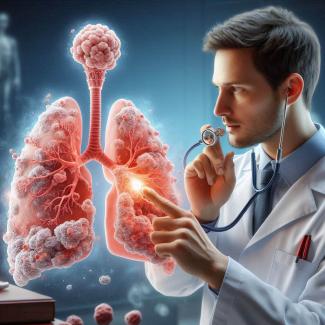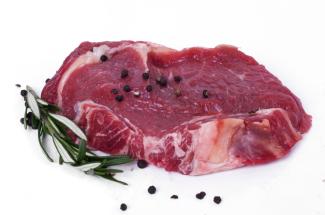- Role: Proteins are essential for the growth, repair, and maintenance of body tissues. They are made up of amino acids, which are the building blocks of the body.
- Types: Proteins can be classified as complete or incomplete: a. Complete proteins: These contain all essential amino acids and are typically found in animal products like meat, fish, eggs, and dairy. b. Incomplete proteins: These lack one or more essential amino acids and are commonly found in plant sources like beans, lentils, and nuts.
- Food sources: Protein-rich foods include meat, poultry, fish, dairy products, eggs, legumes, and tofu.
Alpha-1 antitrypsin deficiency (A1AT deficiency), also known as alpha-1 proteinase inhibitor deficiency, is a genetic disorder that affects the lungs and liver.
A healthy diet can play a significant role in managing and possibly preventing depression.
Cortisol, often referred to as the "stress hormone," plays a critical role in the body's response to stress and is essential for various physiological functions, including the regulation of metabol
Feeling worse after consuming red meat can be attributed to various factors, and the experience can vary from person to person.
Eggs are widely recognized as a highly nutritious and versatile food. They are a rich source of high-quality protein, essential vitamins, and minerals, all packed in a small, low-calorie package.





